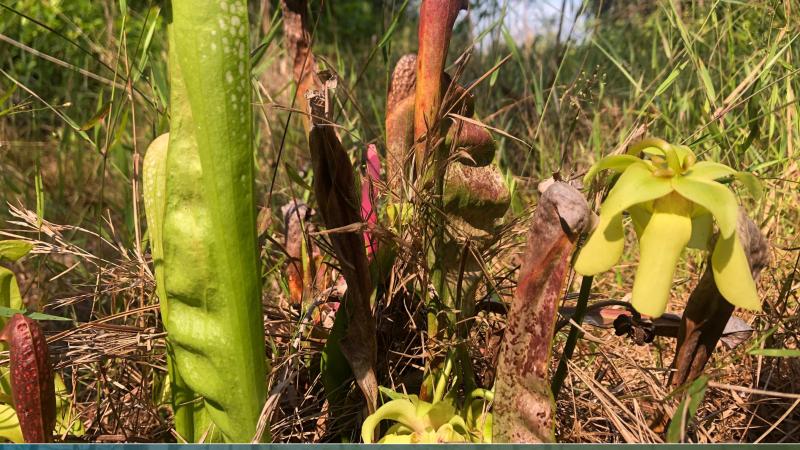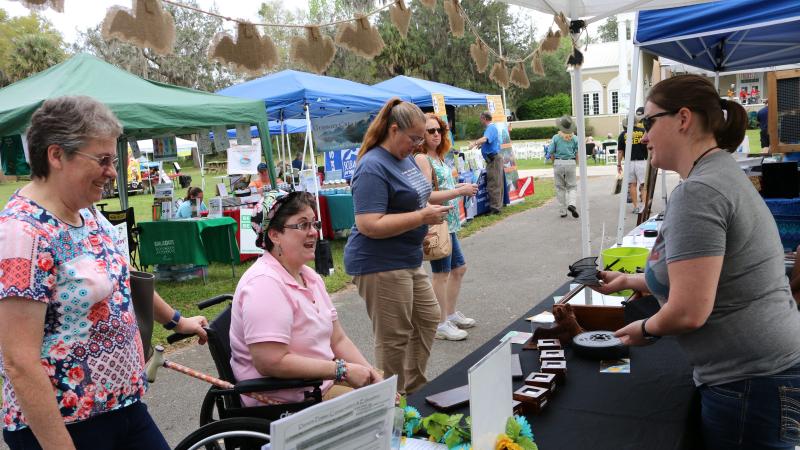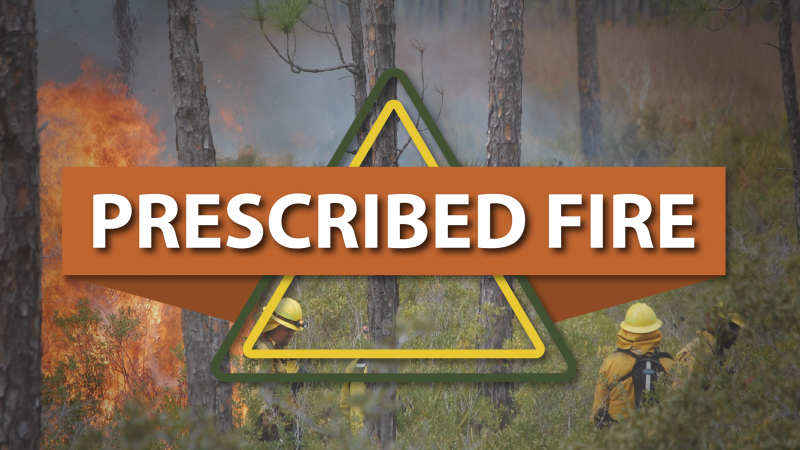
Burn Boss Q&A with Jason Vickery
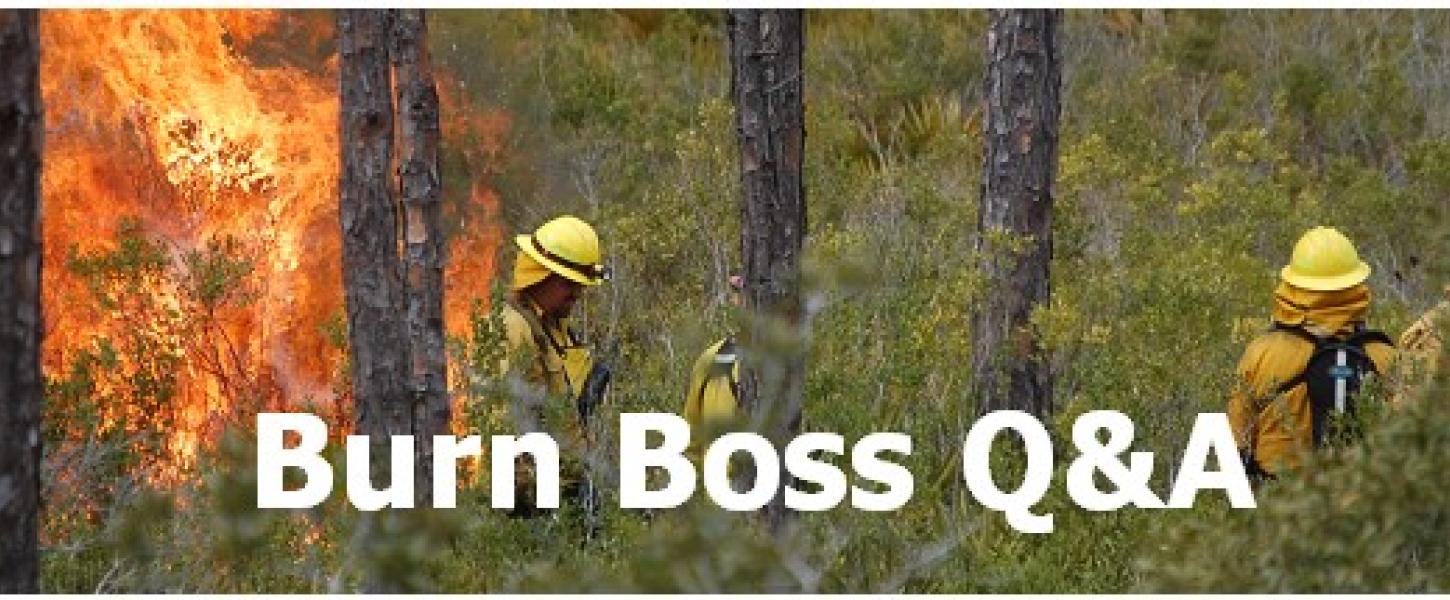
Interview with a Burn Boss: Jason Vickery
What are the top 10 qualities of a successful burn boss?

It takes time and effort to build yourself into a burn boss but even more time to be a trusted and respected fire professional. With turnover and moving around in your career, sometimes you must start from square one, building trust in your new peers. Below is a list of what I believe will help anyone become a successful burn boss.
1. Integrity - Be an honest, truthful and ethical person who can be trusted.
2. Humility - Be humble, be kind and always be willing to help/teach others.
3. Consistent - Be the same person, day in and day out. Don’t let anything affect your personality or the way you treat people. Build yourself into someone with whom others feel comfortable.
4. Accountable - Do what you say you are going to do. Admit when you are wrong.
5. Varied Experience - Build experience in all facets of fire. Be a well-rounded firefighter/burner.
6. Healthy - Keep yourself in good mental and physical shape.
7. Safety Minded - Have an eye for hazardous situations or safety problems. Correct or mitigate safety problems or conditions before they occur.
8. Great Communicator - Be an informed and educated burner who is willing to share information in a clear and concise manner to all crew before, during and after the fire.
9. Team Player - You are only as good as the crew that is helping you. You cannot do it by yourself. Be a good motivator and give the crew all the tools it needs to get the job done. There is no “I” in team.
10. Mechanically inclined - Be able to run and work on all types of fire equipment. Fixes in the field are going to be necessary. Have the knowledge, tools and expertise to mitigate mechanical problems.
What advice do you have for someone who is just starting out in the world of fire management?
First and foremost, seek all the training you can reasonably get while performing the other duties in your position. Work with your supervisor to broaden your knowledge. Let them know which position on the fire crew you would like to ultimately have, and how much enthusiasm you have to get there. It takes a lot of time to receive experience and training, so be patient. While you are waiting on training and getting on the fire line, familiarize yourself with all the equipment at your fire unit and how it works. Ask questions to those with experience and learn as much as you can from them. You also can learn mapping programs and prescription details. Familiarize yourself with weather and how to take the weather using a Kestrel and a fire weather kit. Being as knowledgeable as you can be makes you a better and more desirable employee and fire professional.
My suggestion is to find someone who you feel could be a good mentor. You can outright ask them to mentor you or just pay close attention to their actions and ask questions when needed. Through time on the fire line you will build relationships with some of the crew and become familiar with those who consistently stand out. You will know who you are compatible with pretty quickly and you can focus on learning from them. You also can use the NRTS tracking system to look up your peers and see their training and experience. This is a great tool for the new burner since everyone on the line is wearing the same gear and clothing. Some will be glad to voice how much experience they have to everyone, while others will keep quiet and let their actions do the talking. It is hard to pinpoint who has the knowledge, skills and abilities until you are on a lot of fire duties with them. The bottom line is to be a sponge and soak up as much information as you can and have fun doing it!
Do you have a burn mentor? Who? What is the most important thing you learned from them?
Whether they knew it or not (they will now!), I have two mentors. Former Wakulla Springs State Park Biologist Scott Savery and current District 1 Biologist John McKenzie have definitely been impactful on my career in prescribed fire. They both let the results talk for them, teach others while performing fire operations, and are consistently humble. These characteristics to me are some of the best for a fire professional. There is no need to display or express your superior qualities to everyone on a prescribed fire or incident. We are all here for the same goal and we are all learning on every fire or incident. If you are not learning every trip to the fire line, something is wrong. I thank both Scott and Mac for being upstanding, respectful and humble fire professionals. Be humble and let your results and actions speak for you.
What do you think about varying time of year for burning maintenance zones to maintain diversity?
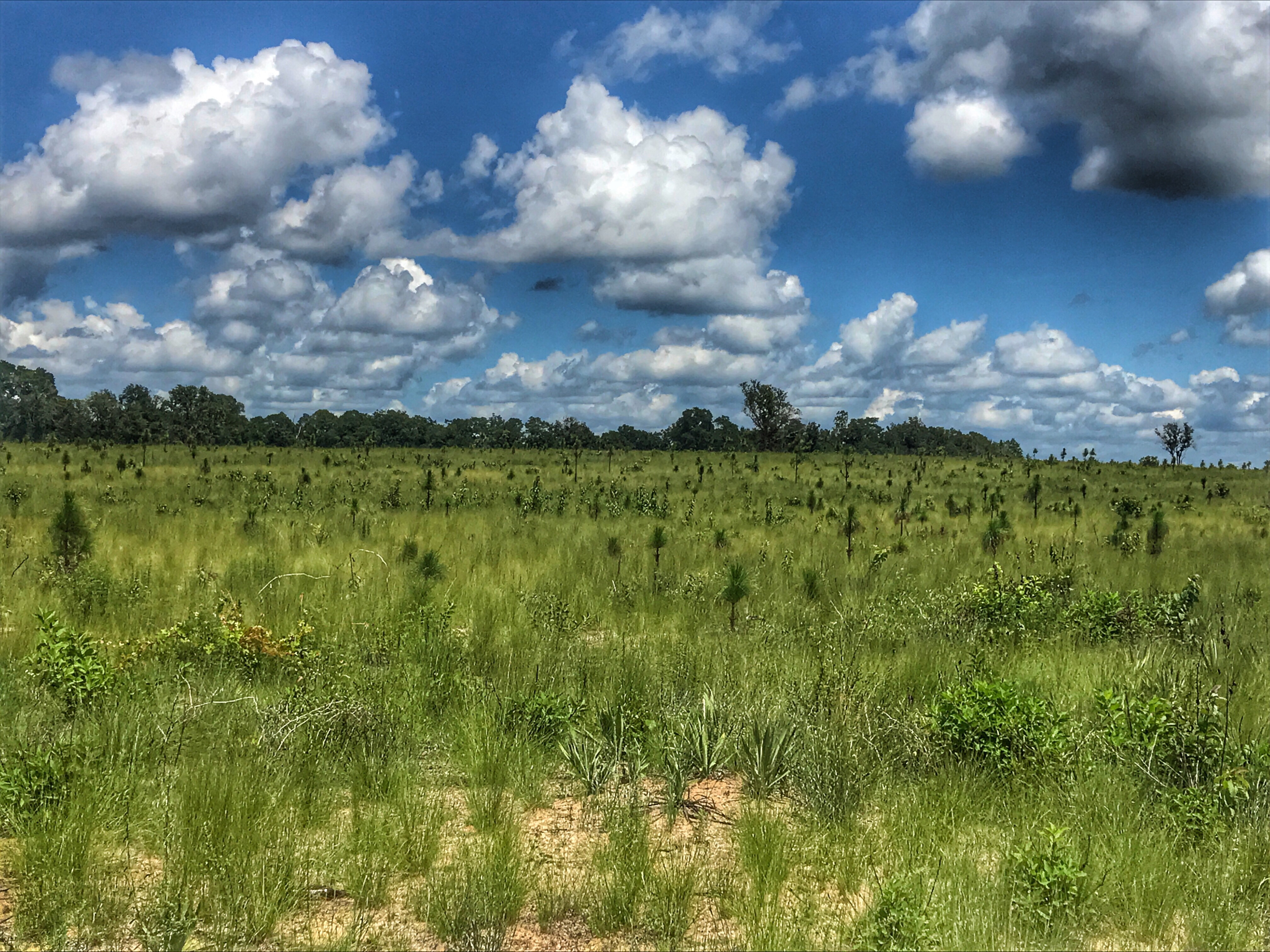
This is a highly debated topic among many, but I believe it has a simple answer. If the opportunity to burn presents itself, it is always better to burn than not to burn despite the season. You never know if that opportunity will present itself for you during the season you would like. Unless you have a definite goal in mind like seed production on wiregrass where seasonality is a must, it is always better to burn while the chance presents itself. Florida is so unpredictable with droughts, tropical moisture, hurricanes or other factors that you had better burn when the opportunity arises. If you are waiting on perfect weather and season, you are risking sending a zone into a backlog and allowing it to get into an overgrown state. This not only has a negative effect on the ecosystem but will also make it that much harder to accomplish a desired result in the future. Being flexible, keeping an open mind and burning at every opportunity will allow for a more diverse ecosystem.
What do you think is the best way to foster a burn culture among many responsibilities?

This culture begins with you. Whether you are a veteran of burning or a new employee just coming on board, you can begin to foster that mindset among your peers. Veterans of fire can teach the new employees and mentor them into becoming the next fire leaders in years to come. New personnel with their newfound trainings and fresh mindsets can spark those who have been around it for a long time. Enthusiasm is contagious, and you can begin a culture by being the best you can be, in any realm, by being enthusiastic. There is a difference, however, in being enthusiastic and being totally ingrained in fire and nothing but fire.
We have so many responsibilities other than fire that if all you talk, eat and sleep is fire, you will experience burnout in your fire personnel and other staff. Fire and burning will become toxic words. It is best to mix your fire enthusiasm with other factors of your job and have a healthy mix. Not everybody on staff is a burner or has the desire to do it, and recognizing that fact will help keep the support from those that don’t.
Explaining to those who don’t burn why it is done and the goals and objectives we have to meet goes a long way. A burn culture in the park needs the support of those who stay behind and cover the park while the crew is out helping others or burning in their own respective park. This is where being a diverse employee who sees the big picture and can relate to his/her peers will keep the support in any facet of park operations, including fire.
About the Author
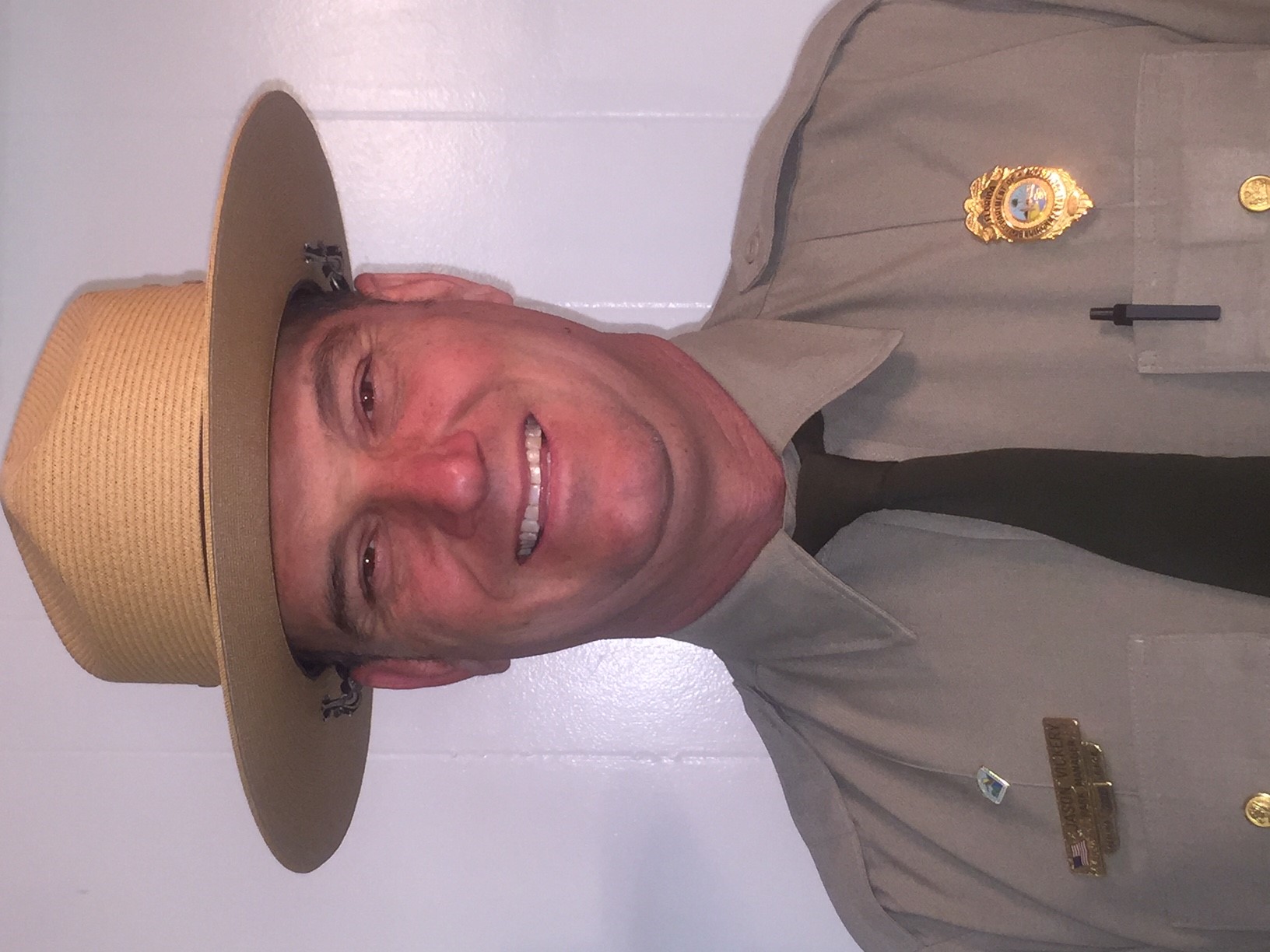
Jason Vickery is the park manager at Torreya State Park in Bristol. He began his career 20 years ago as a park ranger at Edward Ball Wakulla Springs State Park, where he completed the S130-190 fire training. Since then, he has applied his resource management skills at Wakulla Springs, Bald Point, Ochlockonee River, O’Leno, Dudley Farm, River Rise, Gilchrist Blue Springs and Torreya state parks.
Currently, he manages a park with one of the largest sandhill restoration projects in the nation at Torreya, with 5,000 acres of sand pine being transformed back to longleaf pine and wiregrass.
The park burns over 1,500 acres annually, solely for wiregrass seed production to be harvested and used on the 350-acre restoration plots. To date, the project is around 80% complete, which has taken around 18 years to accomplish.
“Getting a broad knowledge of different parks and different ecosystems has allowed me to become as diverse of an employee as I can be,” Vickery said. “I am proud to be part of the Florida Park Service team and contribute to the preservation of our wonderful state.”
About the Burn Boss Q&A Series
Florida’s state parks add tremendous value to Florida’s natural environment. The division’s burn bosses lead the efforts to implement fire plans in ecosystems that require fire for maximum health. This project highlights the diverse, balanced and quality professional workforce of burn bosses by having them share lessons learned with other staff members. Select staff were presented with 20 questions. They are asked to answer three to five of them.
